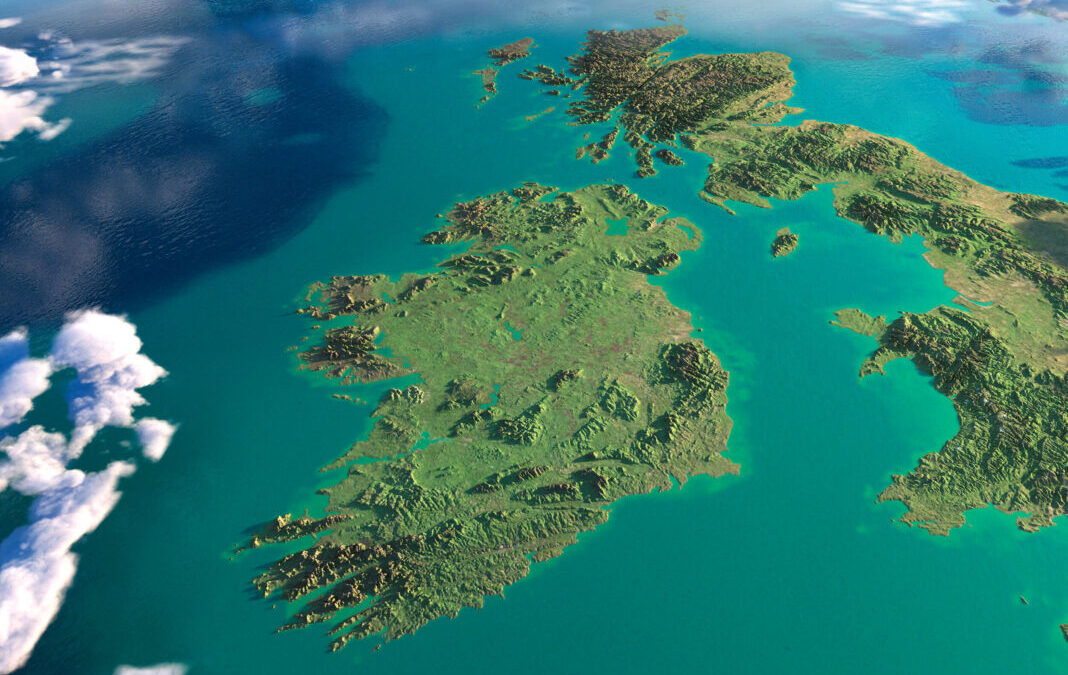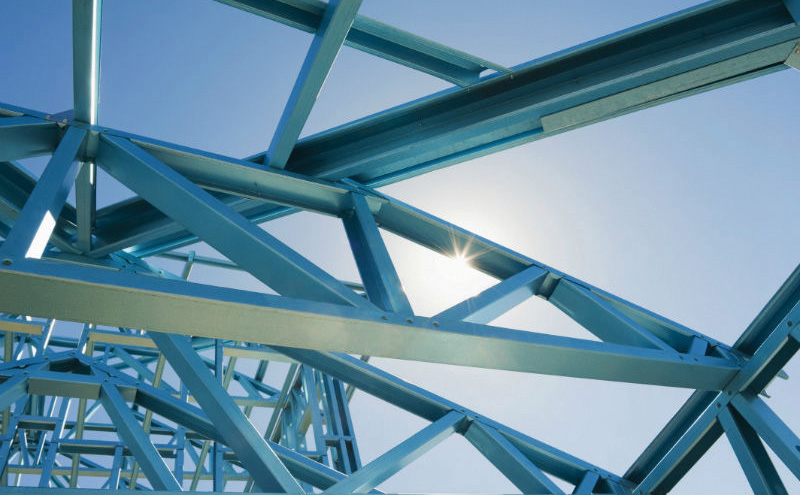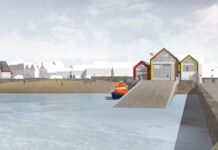
A not-for-profit high speed rail research and development organisation has proposed the build of a rail tunnel between Scotland and Northern Ireland.
The suggestion came in a submission by Greengauge 21 to the UK Government’s union connectivity review, headed by Network Rail chairman, Sir Peter Hendy. The review will look to establish ways in which connectivity between the four UK nations can be improved.
Founded in 2006 by Jim Steer, a chartered civil engineer who has led several major projects across the world and has extensive experience in transport, Greengauge 21 acts as a think tank for all those interested in high speed rail and general transport.
In a submission to the report’s Britain to Northern Ireland section, three senior Greengauge 21 personnel wrote, “The obvious approach here is a tunnel connection, with the capabilities offered by Eurotunnel between England and France. The distances involved are not dissimilar. There should be a greater emphasis on through railfreight than has been achieved with the channel tunnel.”
The response to the report continued by detailing the need for a new rail link between the west of Galloway and the West Coast Main line being ‘evident’, with a ‘Euro shuttle-style’ facility being suggested to extend over the route to an inland terminal on the M74 – obviating the need to replace the M75.
The organisation concedes that the costs involved would be ‘substantial’, but said that such a facility would generate ‘substantial’ positive cash flow once built and could be concessioned to offer payback to HM Treasury.
If built, Greengauge 21 said that a ‘capital cities axis’ could be formed between Dublin-Belfast-Glasgow-Edinburgh via the railway line.
The organisation wrote, “Besides creating a capital cities axis (Dublin-Belfast-Glasgow-Edinburgh), the connection would create the scope for significant expansion of sustainable and enjoyable train-based leisure travel across these islands. This is a zero-carbon travel sector expected to grow, post-Covid. Carlisle would become a key border town hub, with its important connections to Leeds and Newcastle over lines that would also benefit from enhancement.”
It continued, “Here the benefits would be to mitigate the effects of border checks, and if radical solutions are adopted (a cross-Irish Sea fixed link), transformational connectivity between N Ireland and ‘the mainland’, removing dependence on either air or sea travel, and – subject to the measures elected – reduced carbon emissions.
“A fixed link could also open up wider connectivity gains with the Irish Republic. To meet Government environmental aims a fixed link across the Irish Sea would need to offer fully electrified connectivity, and there would need to be investment in access facilities too.”








